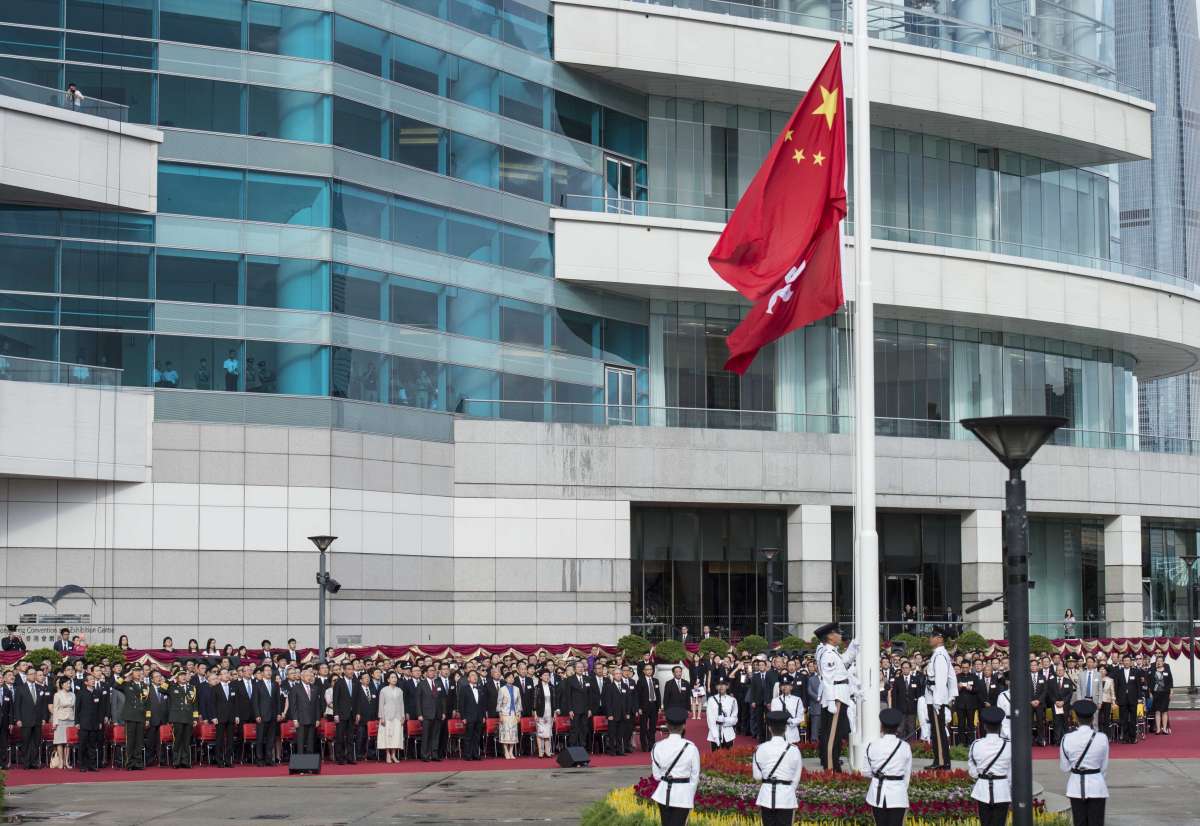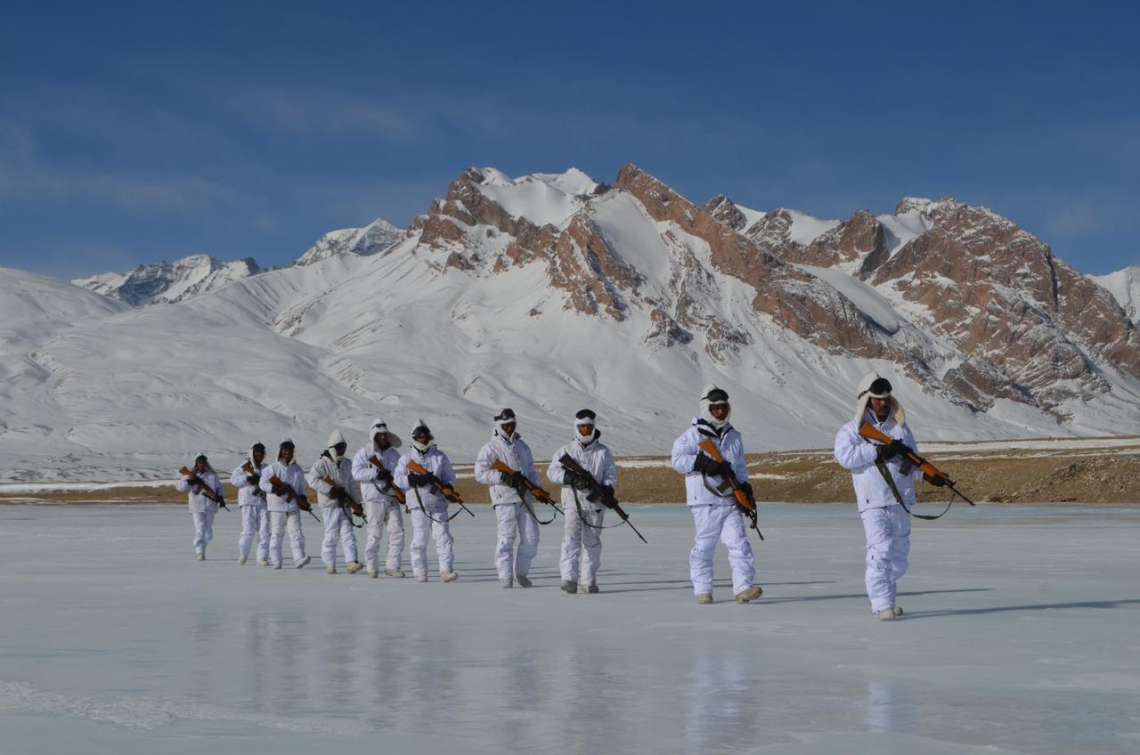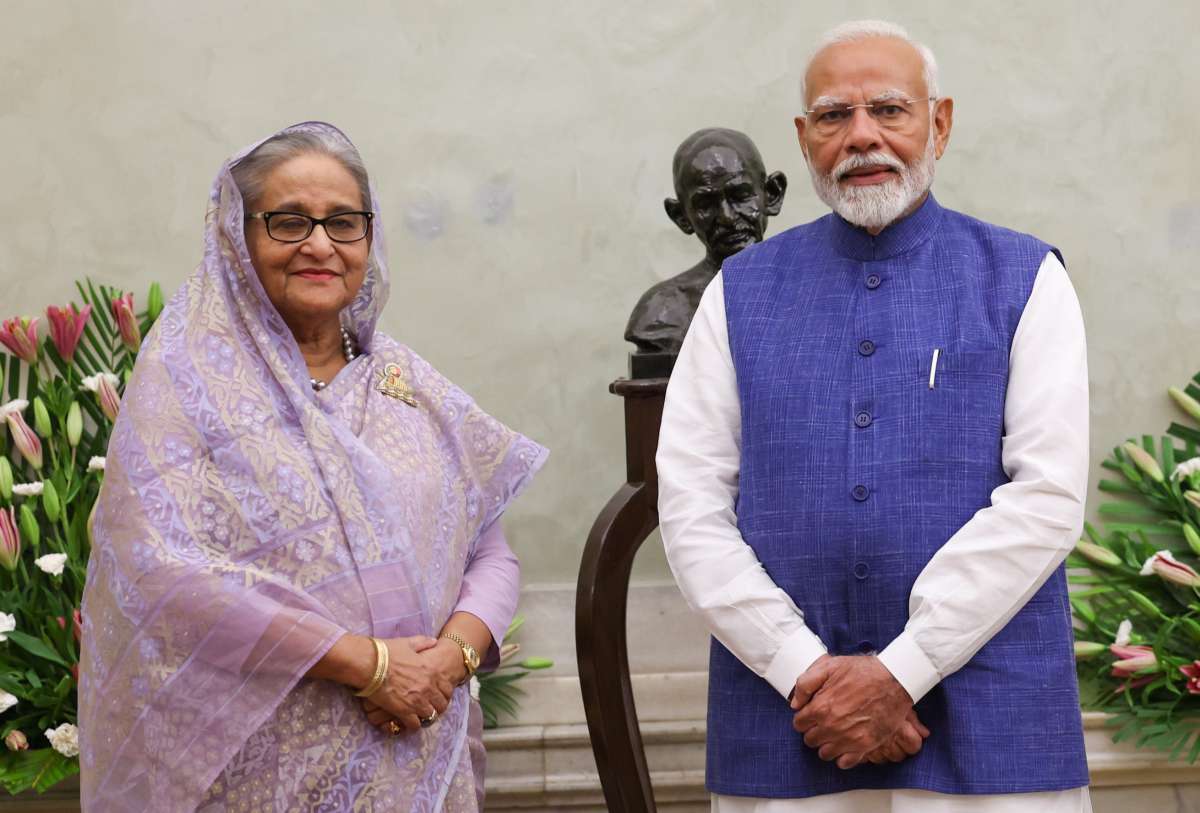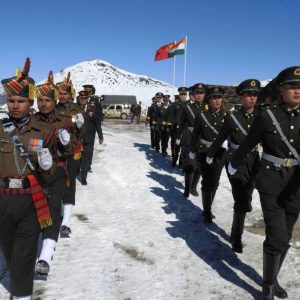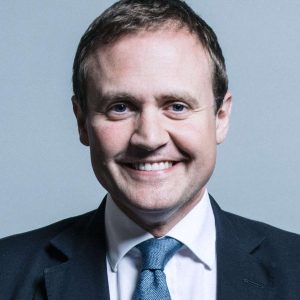The 1978 meeting marked China’s shift towards economic reform and openness, while Xi’s inaugural plenum in 2013 laid the groundwork for dismantling the long-standing one-child policy…reports Asian Lite News
Top officials from China’s ruling Communist Party have convened in Beijing for the third plenum, a pivotal event held every five years to set the country’s economic and political course, CNN reported.
This gathering assumes significant importance as China, the world’s second-largest economy, grapples with a myriad of challenges including a property sector crisis, escalating local government debt, and strained consumer demand amid geopolitical tensions with Western nations.
The economic backdrop leading up to the plenum has been punctuated by China’s latest GDP figures which revealed a growth rate of 4.7 per cent for the second quarter of the year, falling short of earlier expectations and highlighting underlying economic vulnerabilities exacerbated by stringent pandemic control measures.
President Xi Jinping, at the helm of China’s most powerful leadership in decades, faces mounting scrutiny over his handling of economic policies amidst internal party reshuffles and the backdrop of a slowing economy. The delayed scheduling of this year’s plenum has sparked speculation, with some attributing it to disagreements over economic strategies and recent high-level personnel changes within Xi’s administration, reported CNN.
Historically, the third plenum has been a platform for announcing pivotal economic reforms. The 1978 meeting marked China’s shift towards economic reform and openness, while Xi’s inaugural plenum in 2013 laid the groundwork for dismantling the long-standing one-child policy.
However, observers familiar with China’s opaque political landscape do not anticipate sweeping reforms this time. Instead, the focus is expected to be on targeted measures to address structural economic issues, enhance technological self-reliance in response to Western restrictions, and bolster social stability amid economic hardships.
A key focus of the plenum is expected to be on fiscal reforms aimed at easing pressure on local governments burdened by high debt levels and diminishing revenue streams, exacerbated by the ongoing property sector turmoil. Efforts to stimulate consumer spending and improve household income are also anticipated, with potential reforms targeting rural land ownership, the restrictive household registration system, and expanding social safety nets.
Xi Jinping has acknowledged the economic challenges facing China, emphasising in his New Year’s address the need to address job creation and basic needs amid social discontent. His administration’s priorities now include balancing economic stability with ambitions for technological dominance and national security, particularly in sectors critical to China’s industrial and innovation capabilities.
Tech self-reliance has emerged as a central theme amidst US-led efforts to curtail China’s access to advanced technologies, a move perceived by Beijing as a strategic challenge to its economic sovereignty and global competitiveness. The plenum is expected to endorse measures aimed at advancing China’s capabilities in science, technology, and green industries, potentially exacerbating tensions with Western nations already wary of China’s growing influence.
The geopolitical dimension of China’s economic policies is underscored by recent trade disputes, including tariffs imposed on Chinese electric vehicles by the EU and US citing unfair subsidies and market practices. Any decisions made during the plenum to bolster China’s high-tech sectors could further intensify these conflicts, adding to the strain on global economic relations.
Global investors, meanwhile, are closely monitoring China’s commitments to market liberalisation amid a climate of increased state control and regulatory scrutiny under Xi’s leadership. Expectations for greater market access and regulatory transparency are tempered by concerns over China’s evolving political landscape and its implications for foreign businesses.
The plenum may also see the formal removal of senior Communist Party officials implicated in corruption probes or administrative reshuffles, including former defence minister Li Shangfu and other military figures linked to Xi’s ongoing efforts to consolidate authority within the armed forces, CNN reported. (ANI)
ALSO READ-CCP expels 2 ex-defence ministers in anti-corruption crackdown


